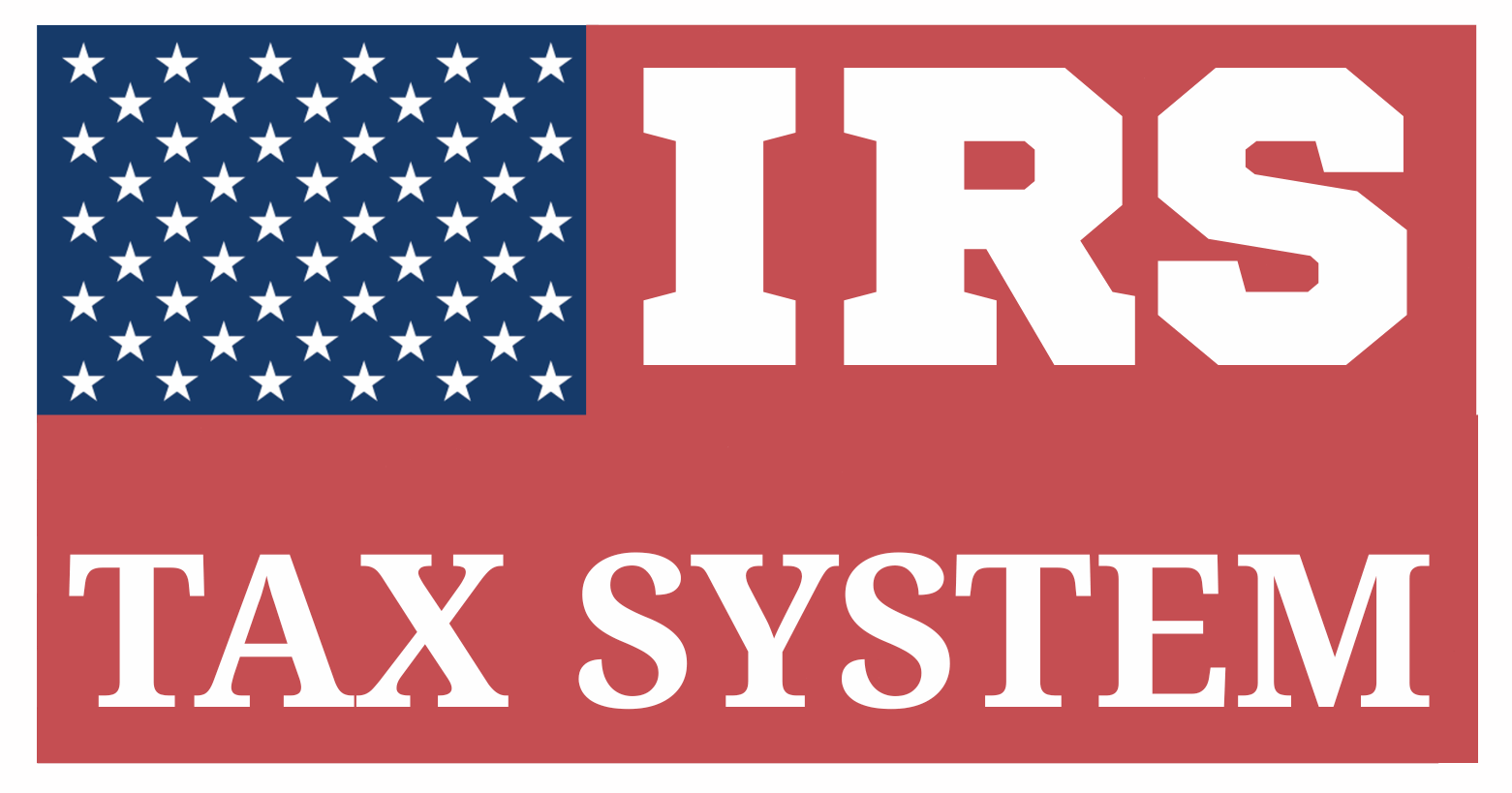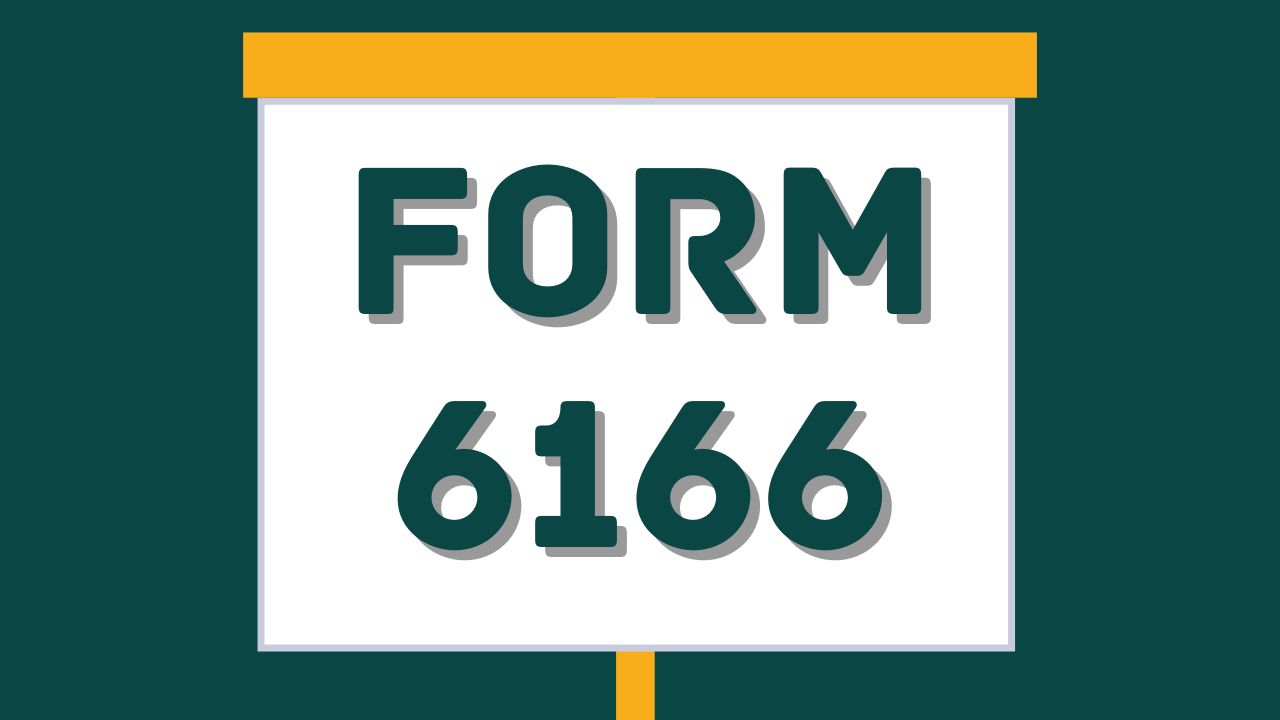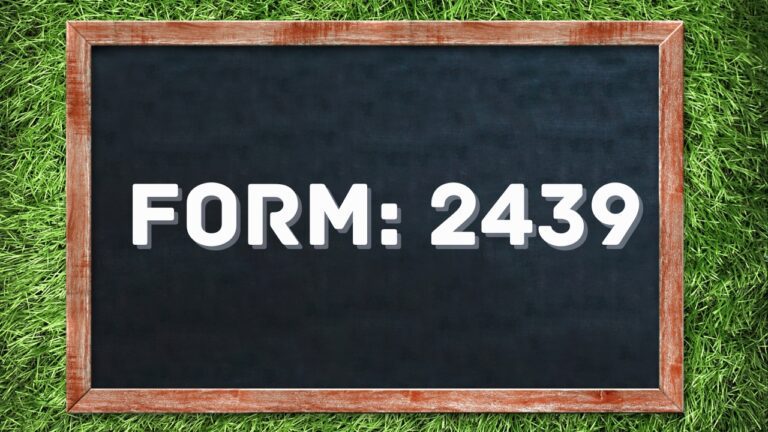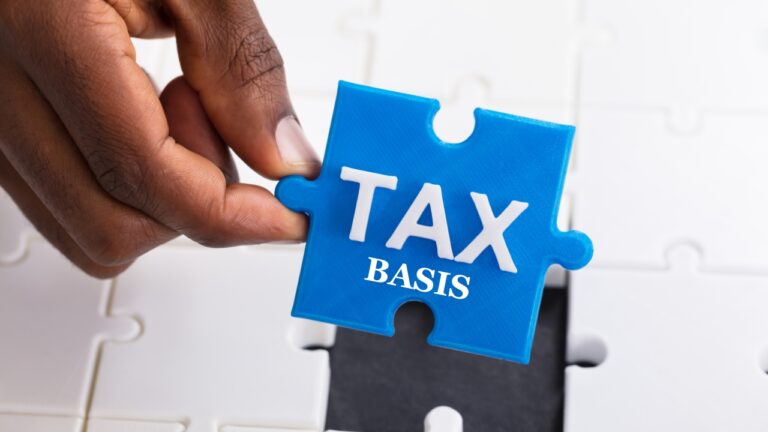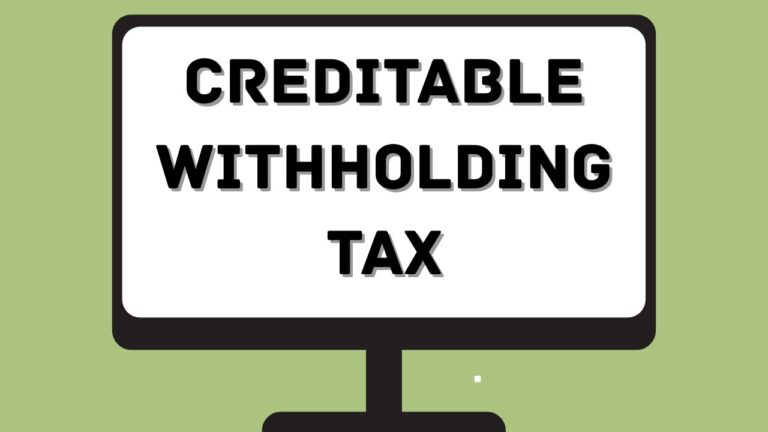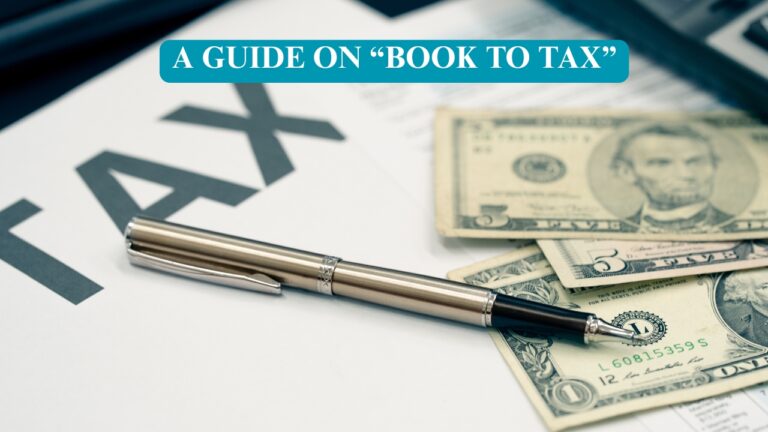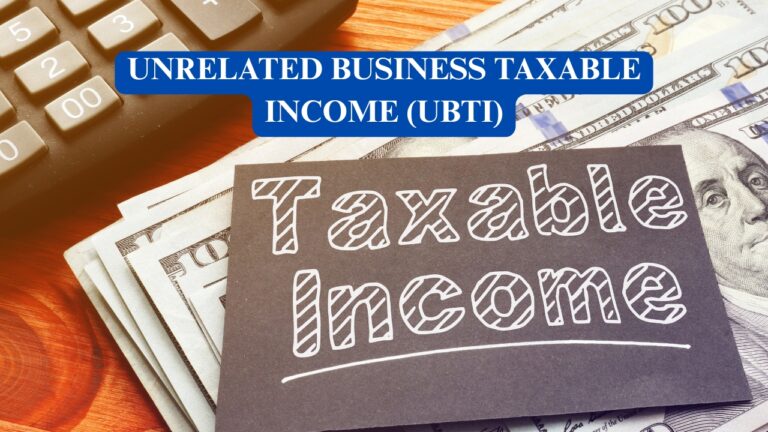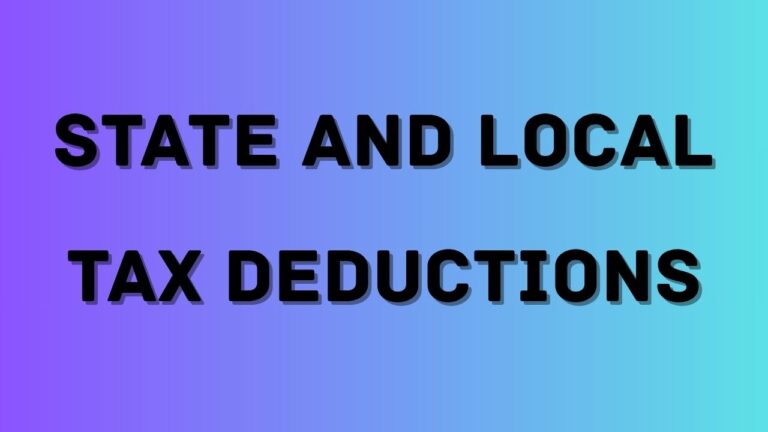Form 6166: Easy Explained
Table of Contents
What Is IRS Form 6166?
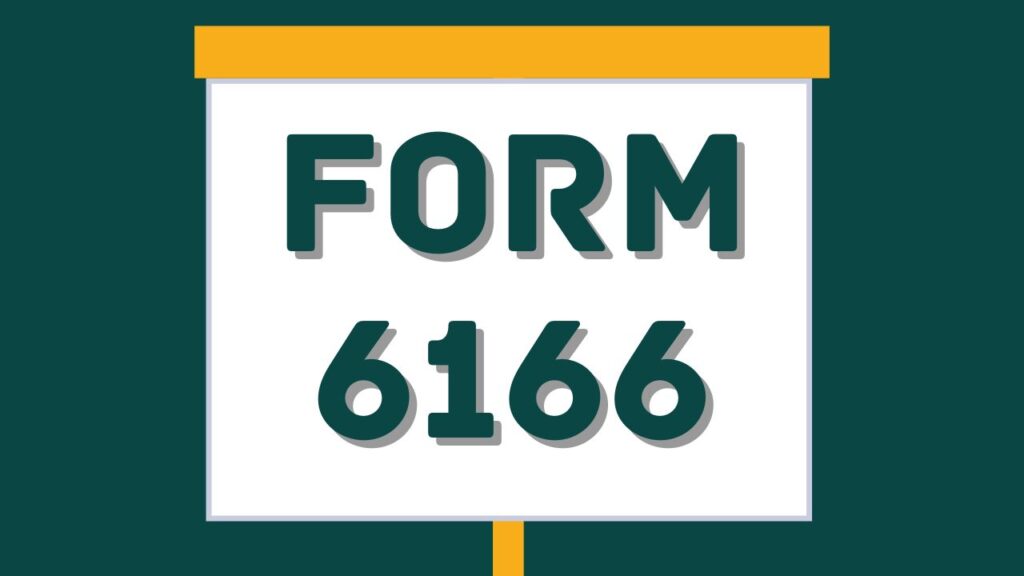
Form 6166 is an official U.S. Tax Residency Certificate issued by the Internal Revenue Service (IRS). It serves as a formal declaration that an individual or legal entity is a resident of the United States for income tax purposes under the provisions of the United States tax laws and applicable international tax agreement.
It is not a form you fill out; rather, it is a document issued by the IRS in response to Form 8802, which you must submit to request this certification.
Primary Purpose of Form 6166
Form 6166 is required to claim reduced withholding or other benefits under U.S. tax treaties with foreign jurisdictions. These treaties often reduce or eliminate foreign taxes on U.S. residents earning income abroad.
Common Purposes Include:
- Claiming treaty-based tax rate reductions on:
- Dividends
- Interest
- Royalties
- Pension distributions
- Obtaining foreign tax refunds or exemptions
- Verifying U.S. tax residency when setting up overseas bank or brokerage accounts
- Fulfilling compliance obligations in cross-border mergers, joint ventures, or foreign audits
Who Can Request IRS Form 6166?
IRS Form 6166 is a U.S. tax residency certificate that can only be issued to certain types of taxpayers who meet specific IRS criteria. It certifies that the applicant qualifies as a U.S. tax resident, a requirement for claiming benefits under an income tax treaty with another country.
Below is a detailed breakdown of who can and cannot request Form 6166 from the IRS:
Eligible Applicants
To qualify, the applicant must:
- Have a valid U.S. Taxpayer Identification Number (TIN) (e.g., SSN, EIN, or ITIN)
- Be a resident of the United States as defined under the Internal Revenue Code
- Be in full compliance with U.S. tax filing requirements
The following categories are eligible:
1. Individuals (U.S. Residents for Tax Purposes)
- Taxpayers with U.S. citizenship or resident status who submit a Form 1040 return
- Green Card holders and substantial presence test filers
Use case: Claiming reduced foreign tax rates on interest or dividends earned abroad.
2. Corporations (Domestic U.S. Entities)
- C corporations and S corporations legally formed under U.S. law
- Must be classified as U.S. residents and in good standing with the IRS
Use case: To reduce withholding tax on cross-border royalties or dividends received from foreign subsidiaries.
3. Partnerships and LLCs
- Partnerships and LLCs taxed as U.S. persons, such as:
- LLCs electing to be taxed as corporations or partnerships
- Multi-member LLCs with U.S. ownership
Note: Single-member LLCs (SMLLCs) that are treated as disregarded entities cannot apply directly. The owner must request Form 6166.
4. Trusts and Estates
- U.S. domestic trusts and estates that:
- Are subject to U.S. tax jurisdiction
- File Form 1041 annually
- Are not classified as foreign under U.S. law
Use case: Trust beneficiaries need to certify U.S. residency for treaty tax reductions.
5. Tax-Exempt Organizations
- Nonprofit organizations registered in the U.S., such as:
- Charitable organizations (501(c)(3))
- Private foundations
- Religious or educational institutions
Use case: To claim treaty-based tax exemptions on foreign donations or investment income.
Important: These entities must still file the appropriate U.S. informational return (e.g., Form 990) and remain in good IRS standing.
Who Is Not Eligible for IRS Form 6166?
While IRS Form 6166 provides critical certification for U.S. residents to claim international tax treaty benefits, not everyone qualifies to receive this document. The IRS enforces strict rules on who is eligible, and understanding the limitations is key to preventing rejections or delays.
Below is a detailed breakdown of who cannot request or receive Form 6166 and why they are ineligible:
1. Nonresident Aliens
Definition: Individuals who do not meet either the Green Card Test or the Substantial Presence Test for U.S. tax residency.
Why Ineligible:
- They are not classified as U.S. tax residents under the Internal Revenue Code.
- They may be taxed as nonresidents and are therefore not eligible to claim treaty benefits as U.S. residents.
Example: A French citizen temporarily working in the U.S. for 90 days is considered a nonresident alien and cannot request Form 6166.
2. Foreign Corporations or Entities
Definition: Legal entities incorporated under foreign law or organized outside the United States.
Why Ineligible:
- These corporations are not treated as domestic U.S. entities for tax purposes.
- Even if they earn U.S.-sourced income, their residency lies outside the United States.
Example: A Canadian corporation operating in the U.S. via a branch is not entitled to receive Form 6166.
3. Disregarded Entities (e.g., Single-Member LLCs)
Definition: Entities with a single owner that the IRS “disregards” for tax purposes (e.g., single-member LLCs not electing corporate tax treatment).
Why Ineligible:
- The IRS treats these entities as non-existent for federal tax purposes.
- Only the owner of the disregarded entity may apply for Form 6166, assuming they are a qualified U.S. resident.
Example: “ABC Ventures LLC,” owned solely by an individual, cannot apply directly. The owner must apply under their name.
4. Entities or Individuals Without a Valid Taxpayer Identification Number (TIN)
Definition: TINs include SSN (Social Security Number), EIN (Employer Identification Number), and ITIN (Individual Taxpayer Identification Number).
Why Ineligible:
- You must have an active TIN to submit a request for Form 6166.
- Applications without an active or correct TIN will be automatically rejected by the IRS.
Example: An organization formed but never applied for an EIN cannot request Form 6166 until they obtain one.
5. Applicants Who Haven’t Filed Required Tax Returns
Definition: Individuals or entities who have not filed the required U.S. federal income tax returns for the relevant year(s).
Why Ineligible:
- The IRS uses tax return data to verify residency.
- If there is no return on file, the IRS cannot confirm U.S. residency status and will not issue Form 6166.
Example: A domestic C-corporation that failed to file Form 1120 for the requested year is ineligible until the missing return is filed.
6. Applicants Requesting Certification for a Future Year
Why Ineligible:
- IRS Form 6166 can only be issued for the current calendar year or prior years for which a return has already been filed.
- The IRS does not issue advance residency certifications.
Example: A business trying to request Form 6166 in June 2025 for tax year 2026 will be denied.
How To File Form 6166?
To obtain IRS Form 6166, which certifies U.S. tax residency, you must submit Form 8802 to the IRS. This process confirms your eligibility to claim treaty benefits such as reduced foreign tax withholding or exemption.
Step 1: Confirm Eligibility
Before filing, ensure that you:
- Are a U.S. resident for income tax purposes
- Have a valid Taxpayer Identification Number (TIN)
- Have filed all required U.S. tax returns for the relevant year(s)
- Are requesting the certificate for a valid calendar year (current or past)
Step 2: Complete Form 8802
You’ll need to provide:
- Basic identification details (name, TIN, entity type)
- The specific calendar year(s) for which certification is needed
- The purpose for the certificate (e.g., “To claim reduced withholding on dividends in Germany”)
- The name(s) of the foreign countries where the certificate will be submitted
Step 3: Calculate and Pay the User Fee
As of 2025, the IRS fee for Form 8802 is:
- $185 per request
- Additional copies for other treaty countries do not require additional fees, as long as they’re in the same calendar year
Payment Methods:
- Payment by check or money order should be made payable to “United States Treasury.
- EFTPS (for corporations or entities with active IRS accounts)
Attach payment to the application if mailing.
Step 4: Submit Form 8802 to the IRS
There are two main ways to submit the form:
If Sending by Mail:
Internal Revenue Service
P.O. Box 71052
Philadelphia, PA 19176-6052
USA
For Express/Courier Delivery:
Internal Revenue Service
2970 Market Street
BLN# 3-E08.123
Philadelphia, PA 19104-5016
USA
Step 5: Wait for Processing
- Processing time: Generally 4 to 6 weeks for domestic applicants
- International applicants: May take 6 to 8 weeks or more
- The IRS will send the certificate to the mailing address provided on your application
If urgent, include a written explanation and supporting documentation to request expedited processing, although this is not guaranteed.
Annual Renewal Reminder
The validity of Form 6166 is limited to the specific calendar year indicated in the request. A new Form 8802 must be filed each year if you plan to continue claiming treaty benefits or using the certificate.
Penalties, Rejections & Consequences Related to IRS Form 6166
While IRS Form 6166 itself does not carry a penalty if not filed (since it’s a certificate, not a tax return), failing to obtain it in a timely and accurate manner can result in costly financial and compliance consequences — especially in international tax matters.
1. Rejection of Form 8802 (Request for Form 6166)
Key Factors That Can Result in IRS Denial of Form 8802:
| Reason | Impact |
| Tax return not filed for requested year | IRS rejects the application outright |
| No valid TIN (SSN/EIN/ITIN) | IRS cannot verify tax identity |
| Incomplete or inaccurate Form 8802 | Results in delay or denial |
| Underpayment or missing user fee | Application is not processed |
| Request for future year | Automatically denied — must be for current/prior year |
Impact: Without Form 6166, claiming reduced withholding or exemptions under international tax treaties may be delayed or denied.
2. Loss of Foreign Tax Treaty Benefits
If you fail to provide a timely Form 6166 to a foreign tax authority, you may:
- Be subject to full withholding tax (e.g., 25–35%) on cross-border payments
- Lose eligibility for reduced treaty rates on dividends, royalties, or interest
- Miss deadlines to file refund claims under foreign tax laws
Example: Without Form 6166, a U.S. company receiving dividends from Germany might face a 26.375% withholding, instead of the 5% treaty rate.
3. Delays in Refunds from Foreign Jurisdictions
Foreign tax offices often require original copies of Form 6166 to approve tax refunds or treaty-based exemptions.
Delays in obtaining Form 6166 may:
- Prevent timely foreign tax credit claims
- Cause late filing or missed refund deadlines abroad
- Require costly appeals or resubmissions
4. Late Applications = Missed Treaty Relief
You must apply for Form 6166 after filing your U.S. tax return but before claiming treaty benefits abroad.
If you wait too long:
- You may miss statutory foreign deadlines (some countries require submission within 12 months)
- You might have to pay withholding upfront and later file for a refund
5. No Civil or Criminal Penalties for Not Requesting
Important clarification:
- There are no IRS penalties (civil or criminal) for failing to file Form 8802 or obtain Form 6166.
- However, failure to file required U.S. tax returns, which is often discovered during a Form 8802 review, can trigger penalties:
- Failure-to-File Penalty: 5% of unpaid tax per month (max 25%)
- Failure-to-Pay Penalty: 0.5% of unpaid tax per month (max 25%)
- Interest on unpaid taxes, compounded daily
Example: Tax Treaty Relief Using Form 6166
Scenario:
A U.S. corporation, BlueTech Inc., receives $100,000 in royalties from a company in Germany.
Without Form 6166:
Germany applies its standard withholding tax rate of 15%:
$100,000 × 15% =$15,000 withheld
BlueTech Inc. receives $85,000 net after tax.
With Form 6166:
Using Form 6166, BlueTech certifies U.S. residency under the U.S.–Germany Tax Treaty, which reduces the withholding rate to 0% for certain qualified royalties:
$100,000 × 0% =$0withheld
BlueTech receives the full $100,000—no foreign tax deducted.
U.S. Tax Reporting Impact:
- BlueTech reports the full $100,000 as income on its U.S. corporate tax return (Form 1120).
- If foreign tax had been withheld, it could claim a foreign tax credit using Form 1118.
Cost vs. Benefit:
- Form 8802 filing fee: $185
- Withholding saved: $15,000
- Net benefit: $14,815
Common Foreign Uses of IRS Form 6166
IRS Form 6166, issued upon filing Form 8802, certifies that an individual or entity is a U.S. resident for tax treaty purposes. Many countries require this form to grant tax treaty benefits or exemptions from foreign withholding taxes.
Below are the most common international uses:
1. Reducing or Eliminating Foreign Withholding Taxes
Foreign countries often withhold tax on U.S.-sourced:
- Dividends
- Interest
- Royalties
- Capital gains (in limited jurisdictions)
With Form 6166, taxpayers can apply the lower treaty rate or obtain exemption at source.
Example: A U.S. company earning dividends from Japan can use Form 6166 to reduce withholding from 20% to 10% under the U.S.–Japan tax treaty.
2. Claiming Foreign Tax Refunds
If foreign tax was withheld at a non-treaty rate, taxpayers can request a refund by:
- Submitting Form 6166 to the foreign tax authority
- Filing a treaty-based refund claim within their required time frame
Example: Germany withholds 26.375% on interest. A U.S. person can file a refund claim and use Form 6166 to reclaim the difference under the U.S.–Germany treaty (typically 0–10%).
3. Treaty Relief at Source
Some countries allow U.S. residents to avoid withholding altogether upfront, rather than seeking a refund later.
Countries like the UK and Netherlands offer “relief at source” options if a valid Form 6166 is submitted before payment is made.
4. Bank and Financial Compliance
- Foreign banks and investment brokers may require Form 6166 to:
- Confirm U.S. tax residency
- Avoid account-level withholding (under FATCA rules)
- Comply with OECD Common Reporting Standard (CRS) requirements
Example: A Swiss bank may request Form 6166 before applying U.S. treaty benefits to client investment income.
5. Corporate Tax Credits Abroad
Some jurisdictions allow U.S. corporations to credit foreign taxes paid or avoid double taxation based on tax residency certification.
Example: A U.S. corporation with a branch in India may need Form 6166 to claim a foreign tax credit or prevent double taxation of business income.
6. Government Contracting & Local Filings
In some countries, U.S. companies entering government contracts, tenders, or tax filings may need to demonstrate residency.
Example: Israeli authorities often request Form 6166 for U.S. contractors submitting VAT-exempt invoices.
Conclusion
IRS Form 6166 is a vital tool for U.S. taxpayers—individuals and businesses alike—engaged in cross-border transactions. By certifying U.S. tax residency, it enables access to reduced withholding rates, treaty benefits, and international tax refunds, helping to prevent double taxation and improve global tax compliance.
Filing Form 8802 accurately and on time ensures that you avoid unnecessary foreign tax costs and delays in refunds or treaty relief. Whether you’re claiming dividends from abroad, managing royalties, or dealing with foreign financial institutions, Form 6166 is your official proof of U.S. residency in the international tax arena.
Frequently Asked Questions (FAQs)
What is IRS Form 6166?
Form 6166 is a certificate issued by the IRS that confirms an individual or entity is a U.S. resident for income tax treaty purposes.
Who needs Form 6166?
U.S. taxpayers who earn income from foreign countries and want to claim reduced withholding tax rates or treaty benefits.
How do I get Form 6166?
By filing Form 8802 with the IRS and paying the required fee (currently $185). You must be current on your U.S. tax filings.
How long does it take to receive Form 6166?
Generally 4–6 weeks for U.S. addresses and 6–8 weeks for international addresses.
Can I get Form 6166 for a future year?
No. The IRS issues Form 6166 only for the current or prior tax years—not for future years.
Is Form 6166 valid forever?
No. It is valid only for the calendar year shown on the certificate. You must apply annually.
Do disregarded entities qualify for Form 6166?
No. But the owner of the disregarded entity may apply if they meet the residency requirements.
What happens if I don’t get Form 6166?
You may face higher foreign withholding taxes or miss deadlines to claim tax treaty refunds.
Can I use one Form 6166 for multiple countries?
Yes, if requested in the same Form 8802 application. The IRS can issue separate certificates for each treaty country.
Is there a penalty for not filing Form 8802?
No direct IRS penalty, but you may lose access to treaty benefits or experience refund delays overseas.
